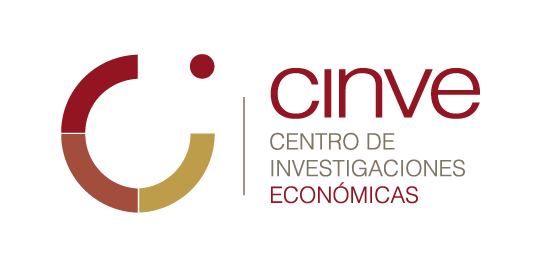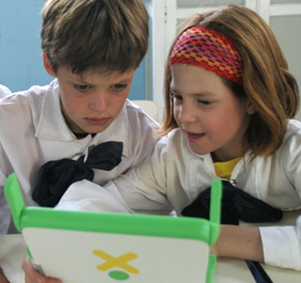Author:
Diego Aboal, Marcelo Perera, Ezequiel Tacsir & Maren Vairo
Abstract:
We provide a practical guide for impact evaluation of Training and Human Capital programs in Science Technology and Innovation (STI). This document addresses specific challenges that arise when evaluating this type of programs, discussing its logic, the advantages and drawbacks of the different sources of information, the strategies which may be appropriate for evaluation, and the suitability of applying the different experimental and quasi-experimental available methods. For each technique, the document highlights the characteristics and assumptions, the strengths and weaknesses, and the practical issues related to their application to programs of human capital training for STI. Also, some specific issues, as for example the time after which the effects and externalities are expected to materialize, are discussed. Discussion is based on specific examples of existing evaluations.
Access work

